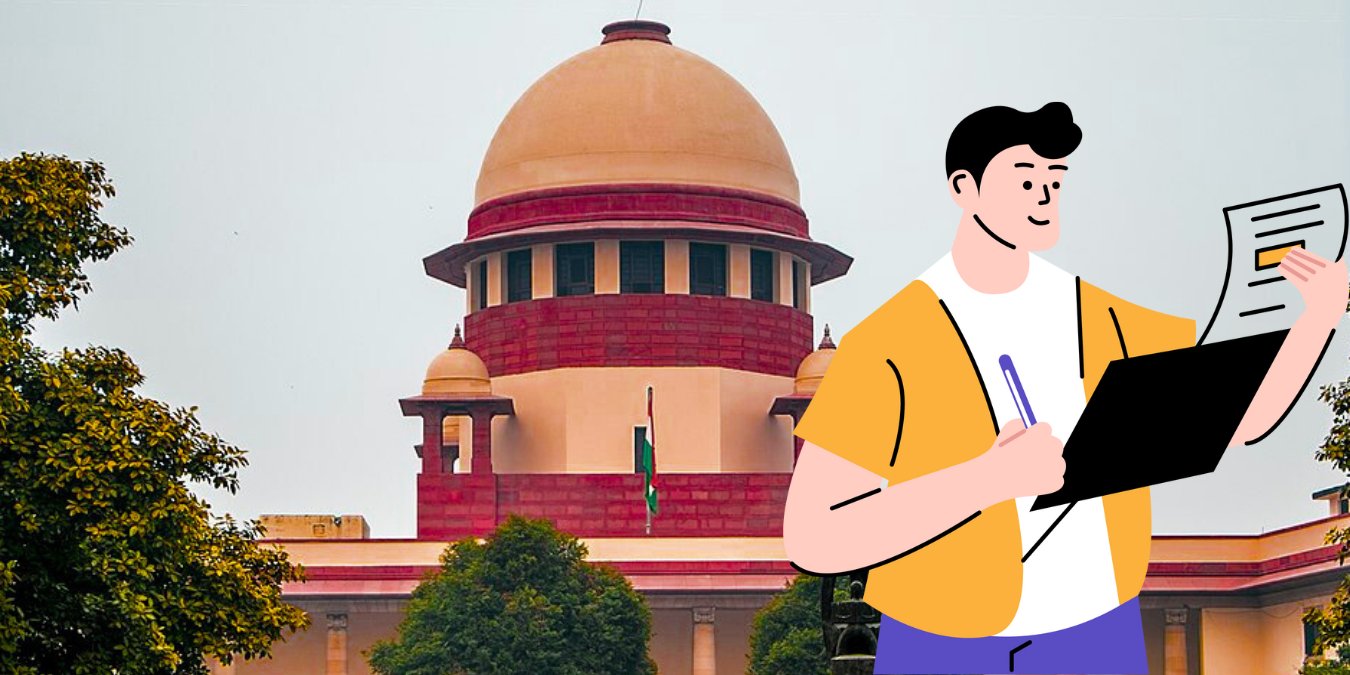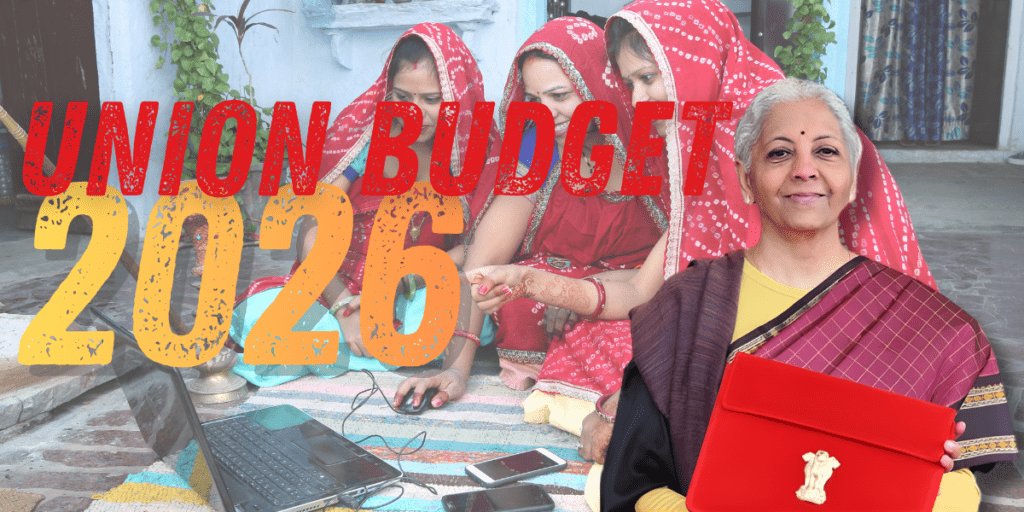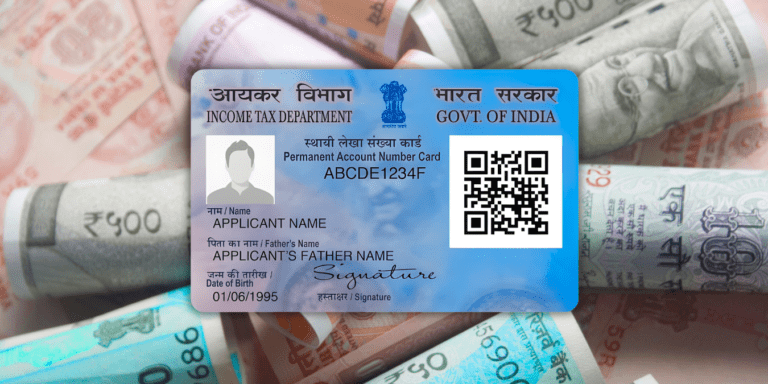
How Missing One GST Notice Under Rule 142(1A) Could Nullify Your Tax Case in 2025 – AP HC Explains
If you think GST show-cause notices are always valid, think again. A recent AP HC ruling reveals how skipping a simple pre-notice can make proceedings disappear. Here’s the truth you should never miss.
Are tax authorities secretly ignoring a crucial GST rule to rush proceedings? The Andhra Pradesh High Court just declared such actions void. Uncover the smart defense every taxpayer must use now.
Authorities cannot bypass the mandatory pre-show cause notice (pre-SCN) procedure under GST Rule 142(1A), as confirmed by the Andhra Pradesh High Court, and any violation renders the entire assessment proceeding void. This landmark ruling reinforces taxpayer rights and procedural fairness in GST disputes, particularly for cases predating October 15, 2020, when the rule was mandatory.
The Hidden Power of Rule 142(1A)
Rule 142(1A) of the CGST Rules, introduced in October 2019, mandates that tax authorities issue a pre-SCN intimation in Form GST DRC-01A before formally initiating proceedings under Section 73 or 74 of the CGST Act. This form serves as a critical early warning system, allowing taxpayers to review discrepancies in tax, interest, or penalty calculations and respond before a formal Show Cause Notice (SCN) is issued.
The rule was designed to promote voluntary compliance and reduce litigation by giving businesses a second chance to settle disputes amicably. Part A of DRC-01A details the tax liability, while Part B allows the taxpayer to accept, dispute, or pay the amount with reduced penalties—15% under Section 74 instead of 100% if contested.
This procedural safeguard was originally mandatory, using the word “shall” in the rule’s language, ensuring all taxpayers received this opportunity regardless of case size. However, an amendment effective October 15, 2020, changed “shall” to “may,” making the issuance of DRC-01A discretionary for tax officers.
Shocking Legal Flip: From Mandatory to Optional
The shift from mandatory to optional pre-SCN intimation created widespread confusion and legal challenges. While the amendment gave authorities flexibility, it also opened the door to procedural abuse—bypassing DRC-01A and directly issuing SCNs, depriving taxpayers of their right to early resolution.
This became a critical legal battleground. The Andhra Pradesh High Court, in Sri Durga Granites v. Deputy Assistant Commissioner (W.P. Nos. 3480 & 6504 of 2020, decided March 5, 2025), ruled that for tax periods before the October 2020 amendment, the pre-SCN procedure remained mandatory. Since the assessment in question covered periods when Rule 142(1A) was still mandatory, the failure to issue DRC-01A rendered the entire assessment order void ab initio (null from the beginning).
The court emphasized that procedural fairness is not a technicality but a cornerstone of justice. Skipping DRC-01A violates the taxpayer’s right to be heard and undermines the GST regime’s goal of cooperative federalism. The ruling aligns with earlier precedents, including the Uttarakhand High Court’s decision in M/S Ravi Enterprises, which also quashed assessments for non-issuance of pre-SCN notices.
AP HC Case Citations and Dates
Here are recent Andhra Pradesh High Court (AP HC) case citations and dates that are highly relevant for reference in your article:
- Authorities Cannot Skip Mandatory Pre-SCN Procedure: Violation of GST Rule 142(1A) Makes Proceedings Void
Case Number: Writ Petition No. 24140/2025
Date of Judgement: October 8, 2025
Citation: 2025 TAXSCAN (HC) 2053
Bench: Justice R. Raghunandan Rao
Key Point: Emphasizes mandatory nature of pre-SCN notice under Rule 142(1A) and nullification of proceedings if violated. - M/s Sri Shakthi Communications v. Assistant Commissioner of State Taxes, Andhra Pradesh & Ors.
Citation: 2025 TAXONATION 1636 (ANDHRA PRADESH)
Date: September 29, 2025
Holding: Demand order set aside due to non-issuance of notice under Rule 142(1A) prior to assessment. - Satyanarayana Medical Distributors vs. Assistant Commissioner of State Tax Intelligence and Others
Writ Petition No. 35710 of 2022, decided on February 12, 2025
Key Outcome: Assessment order invalidated due to absence of prior Tax Intimation Notice under Rule 142(1A). - GST Summary Order Must Bear Signature and Notice under Rule 142(1A) is Mandatory Before Passing Assessment Order
Date: October 4, 2025
Emphasizes the necessity of compliance with Rule 142(1A) before passing assessment orders. - Supreme Court Upholds AP HC, Quashes Illegal GST Confiscation
Date: October 2, 2025
SC upholds AP HC ruling protecting taxpayers from illegal confiscation and reinforcing procedural safeguards.
These citations support the article’s theme on the mandatory nature of Rule 142(1A) and its procedural safeguards under the GST law from a recent and authoritative Indian legal context.
Real-World Impact: How This Affects You
For Indian businesses, this ruling is a game-changer. It means that if your GST assessment covers periods before October 15, 2020, and no DRC-01A was issued, you have strong grounds to challenge the SCN and subsequent demand order.
Consider a small manufacturer in Visakhapatnam who received an SCN in 2024 for FY 2019–20. The tax department claimed input tax credit (ITC) mismatches and slapped a ₹25 lakh demand. But if no DRC-01A was sent before the SCN, the entire proceeding is legally invalid—not just flawed, but void. This isn’t just a technical win; it’s a complete reset of the case.
The ruling also sends a strong message to tax authorities: procedural shortcuts will not be tolerated. It reinforces the principle that “benefit of doubt goes to the taxpayer” when legal ambiguities arise, especially in transitional periods. This is particularly relevant for cases spanning both pre- and post-amendment periods, where courts now insist on applying the stricter, mandatory standard.
Smart Defense Strategies for Taxpayers
If you’re facing a GST assessment, here’s how to protect yourself:
- Check the timeline: Verify if your case involves periods before October 15, 2020. If yes, DRC-01A must have been issued.
- Demand proof: Request a copy of the DRC-01A from the department. If none exists, document the omission.
- File a writ petition: Challenge the SCN in the High Court on grounds of procedural illegality. The AP HC ruling provides a solid precedent.
- Leverage reduced penalties: If DRC-01A was issued, use Part B to pay with 15% penalty under Section 74, avoiding costly litigation.
- Stay updated: Monitor for new CBIC circulars or notifications that may clarify the scope of Rule 142(1A).
Tax professionals recommend maintaining a digital audit trail of all GST communications. Tools like GSTN’s portal logs can help prove whether DRC-01A was ever issued. This digital evidence can be decisive in court.
Future of GST Compliance: Fairness Over Speed
The AP High Court’s decision is part of a broader trend toward procedural accountability in tax administration. In 2025, courts are increasingly scrutinizing not just the amount of tax demanded, but how it’s demanded. This includes adherence to timelines under Section 73(2), which requires SCNs to be issued at least three months before the three-year assessment window closes.
The message is clear: speed cannot compromise fairness. While the GST regime aims for efficiency, it must not sacrifice due process. The pre-SCN notice is not a bureaucratic hurdle—it’s a constitutional safeguard under Article 14 (equality before law) and Article 21 (right to fair procedure).
Looking ahead, there are calls to reinstate DRC-01A as mandatory, especially for high-value cases. The Telangana High Court is currently hearing a petition challenging the 2020 amendment, which could lead to a national-level clarification. Until then, businesses must remain vigilant and use existing precedents to protect their rights.
Key Takeaways
- Pre-SCN notice (DRC-01A) was mandatory before October 15, 2020.
- Skipping DRC-01A for pre-amendment periods makes the assessment void.
- Andhra Pradesh HC has set a strong precedent for procedural fairness.
- Taxpayers can challenge SCNs lacking DRC-01A in High Court.
- Use Part B of DRC-01A to settle with 15% penalty and avoid litigation.
Final Thought: The Secret Weapon You Can’t Ignore
What if your GST notice is already invalid—and you don’t even know it? The Andhra Pradesh High Court’s ruling exposes a hidden flaw in thousands of assessments: the missing DRC-01A. For businesses facing hefty demands, this isn’t just a legal technicality—it’s a lifeline. By challenging the procedure, not just the amount, you could erase the entire case. In 2025, the smartest tax strategy isn’t hiding numbers—it’s knowing the rules better than the enforcers. Are you ready to fight back?

































